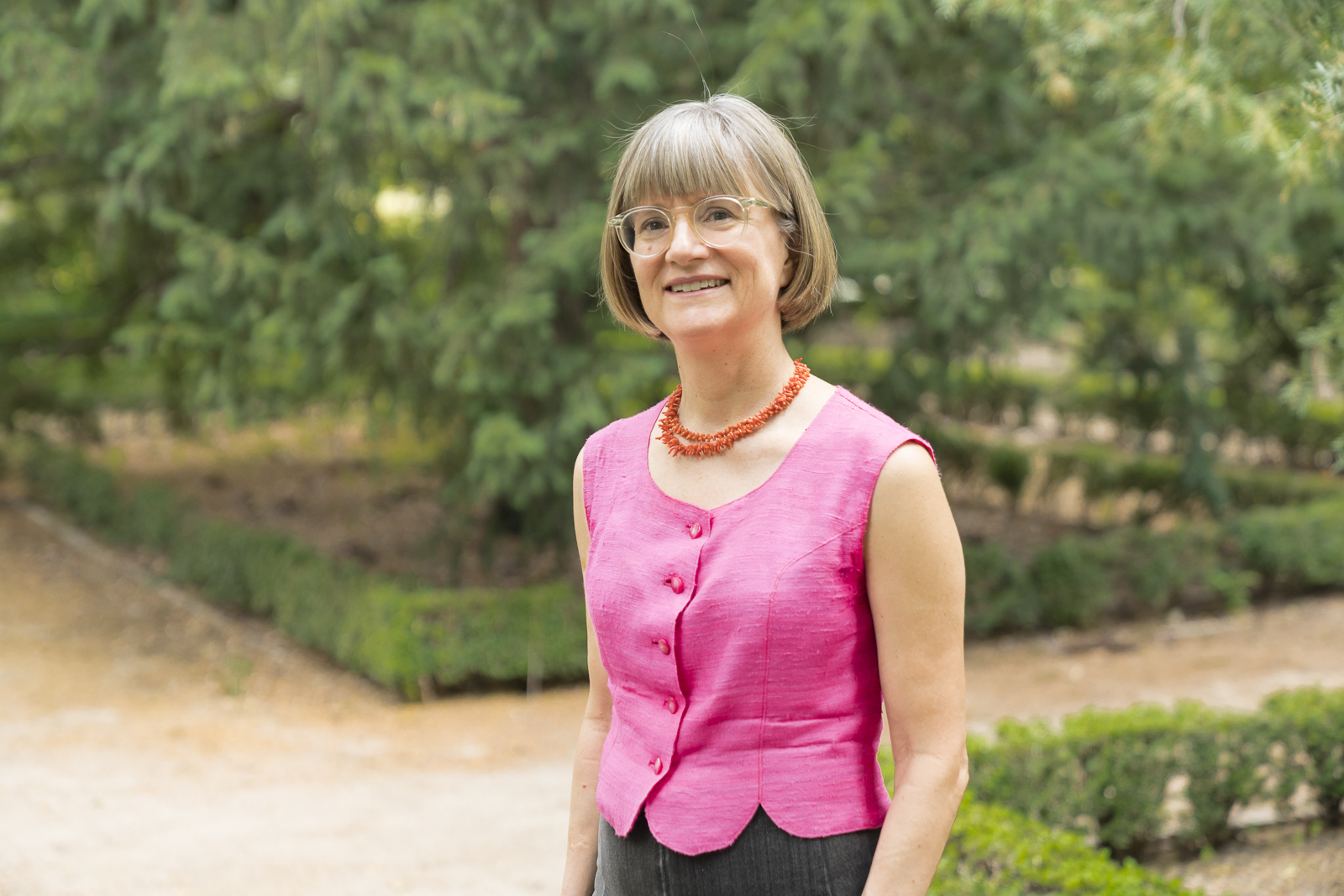Elizabeth Wright of Romance Languages plans international conference, special journal issue

Elizabeth Wright, Distinguished Research Professor of Spanish in the department of Romance languages, is an associate academic director of the Willson Center and has long been one of its key faculty affiliates. She is also the editor of the Bulletin of the Comediantes, the longest running scholarly journal devoted to the study of theater in the early modern era.
Here she recounts some of the latest steps in her imaginative and expansive research and teaching agenda, much of which she has undertaken by leveraging support available through the Willson Center.
The Willson Center for Humanities and Arts works a hotbed for innovative research by encouraging and supporting faculty initiatives, whether individual or collaborative. Their capacious frameworks for interdisciplinary thinking are crucial in this respect. Thus, in 2018, the Willson Center offered support from its Andrew W. Mellon Foundation grant for Global Georgia Program Research Projects to a team of faculty who joined together for a three-year collaboration titled The Southern Strategies of Early Modern Empires (1444–1800), with Benjamin Ehlers from the department of history and myself as co-principal investigators. This grant allowed us to invite leading scholars from around the world to present works in progress and to mentor graduate students to devise innovative dissertation topics and seek outside funding.
As this project has unfolded, effective logistical support from the Willson Center, plus the intellectual leadership conveyed in such communications as their “Poem of the Week” series in spring 2020 and the regular “Monthly News from the Willson Center,” have been inspirations for my next collaboration: Recovering Black Performance in Early Modern Iberia (1500–1800). Here, I have joined forces with three colleagues from around the US to convene a conference and prepare a special journal issue of the Bulletin of the Comediantes (volume 75, no. 1 & 2, 2023).
Lectures sponsored by the Willson Center’s Mellon project from 2019–22 prompted me to initiate this new collaboration. The goal is to examine how diverse modes of Black performance enriched the “Golden Age” theater that took shape in Portugal and Spain on the Iberian Peninsula and, in turn, across the Atlantic as these two maritime empires extended their reach. Our conference will bring together nineteen scholars from North America, Europe, and Latin America to present papers in April of 2022 in New York City. After going through peer review, the conference proceedings will be prepared for publication here at the University of Georgia, giving us abundant opportunities to include graduate students as research assistants, since they need to learn about the workings of scholarly journals. Upon final publication in the Bulletin of the Comediantes, our new findings will reach a worldwide audience through print and online editions of the journal. We have applied for a major outside grant to support this event.
Willson Center guidance—with the staff’s deep appreciation for the rhythms and demands of humanities collaborations—prompted me to conceive a more ambitious and far-reaching project.
Congratulations and best wishes to Prof. Wright as she continues her work, which is an ongoing example of excellence in the humanities at the University of Georgia.
